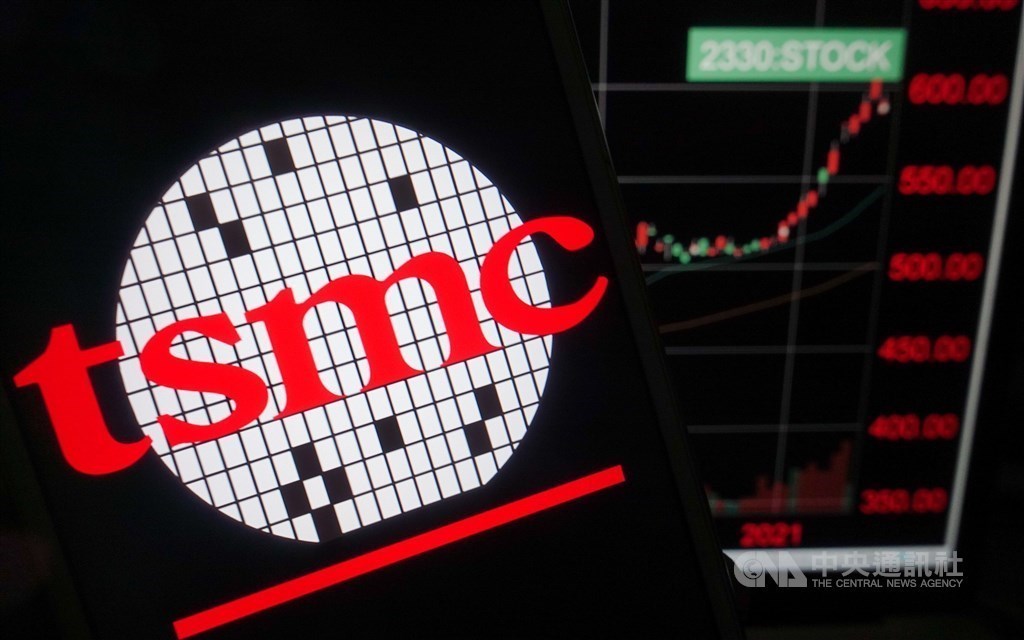Taipei, April 20 (CNA) Taiwan Semiconductor Manufacturing Co. (TSMC) expects steady growth in 2025 despite global economic uncertainty due to continued momentum from tech trends such as 5G, artificial intelligence (AI), and high-performance computing (HPC).
In the company’s 2024 annual report released Thursday, Chairman and CEO C.C. Wei (魏哲家) said TSMC is well-positioned to meet market demand with its differentiated technology platforms.
He said the company’s N2 (2 nanometer) process is on track for volume production in the second half of this year, while its next-generation nanosheet-based A16 process, aimed at HPC applications, is scheduled for mass production in late 2026.
Advanced technologies — defined as 7-nanometer and below — are projected to contribute up to 80 percent of total wafer revenue in 2025, up from 69 percent in 2024.
Wei emphasized the pivotal role of AI, predicting a continued surge in structural demand as devices and systems become increasingly intelligent and interconnected.
“We are entering an AI-empowered world, where artificial intelligence not only runs in data centers, but will run in PCs, smartphones, automobiles, and even Internet-of-Things devices in the future,” he said.
AI also comes in many different forms, Wei said, including but not limited to generative AI applications such as ChatGPT, which consumers have become familiar with thanks to its ease of use and expansive range of potential applications.
“As a direct user of AI in our fab and research & development operations, we are deriving tangible return on investment benefits from our investments in AI and machine learning,” he said.
Because of the timing and focus of the 2024 Annual Report, neither Wei’s comments nor the report as a whole delved deeply into U.S. President Donald Trump’s controversial tariff policies.
Trump announced tariffs on goods imported from different countries around the world on April 2, including a blanket 32 percent tariff on Taiwan.
He then paused the tariffs for 90 days on April 2, though he kept a base 10 percent tariff in place for most countries other than China while exempting semiconductors.
“Any tariffs imposed on imports of semiconductors and products incorporating chips into the United States may result in increased costs for purchasing such products, which may, in turn, lead to decreased demand for TSMC’s products and services and adversely affect its business and future growth,” the report said.
